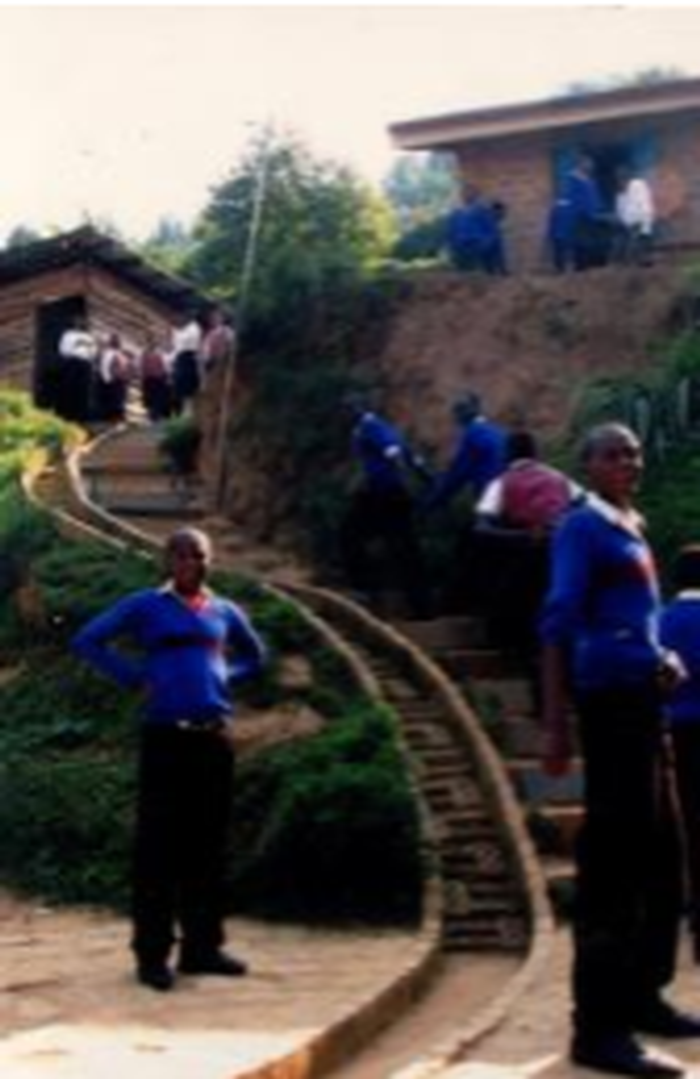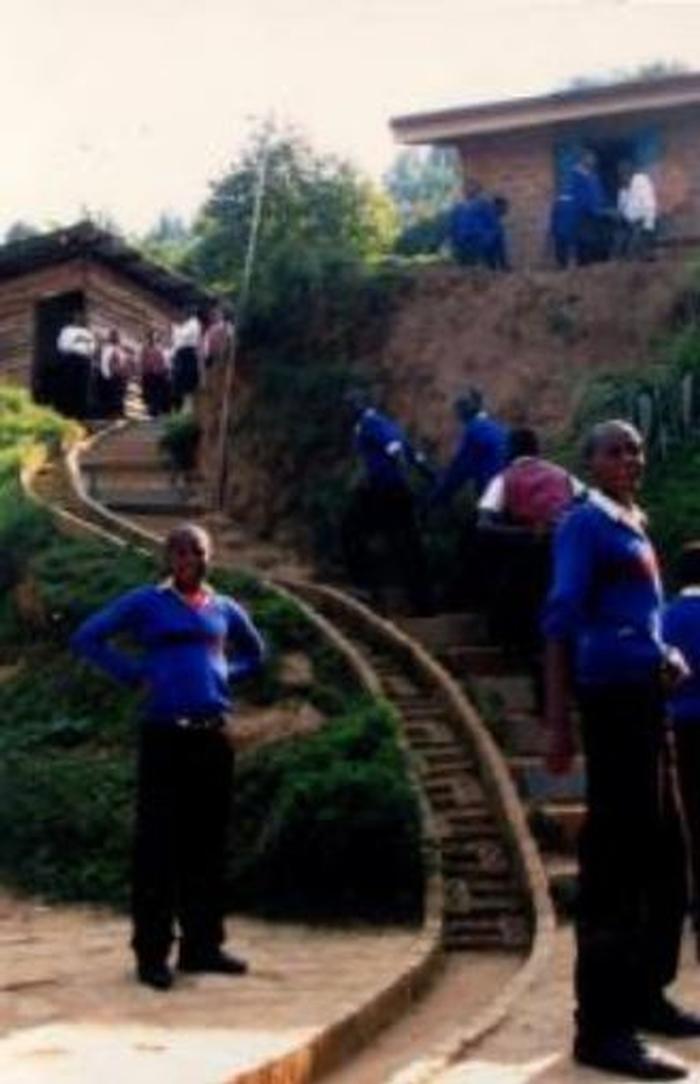Benard Acellam ProposalLearning on the Hillside: Confronting Poverty with Education"Poverty is like heat: you do not see it you, can only feel it; to know poverty you have to live through it" – Saying from Adaboya, Ghana. Here in Uganda, many people know the scandal of poverty because they have lived or are living in it. To them poverty not only means lacking enough food to eat and water to drink but also lacking a school for their children. Eradicating poverty is a moral challenge for all humanity. In the words of former Tanzanian President Julius Nyerere, "Education is not a way to escape poverty - It is a way of fighting it." 10 years ago, in a rural community around Lake Bunyonyi in the far South West corner of Uganda, a group of locals identified poor education standards as the underlying barrier to development in their area. There was not a single secondary school in the area. For the girl-child, entrenched sociocultural attitudes dictated early marriages, hindering prospects of education. Most youths simply didn’t have employability skills. In response Lake Bunyonyi Christian Community Vocational Secondary School (LBCCVSS) was set up with initial support of Lake Bunyonyi Development Company (LBDC). LBDC had been initiated earlier to address the environmental impact of farming in the area. It now funds programs of eco-tourism, orphan-care, HIV/AIDS education, and a scholarship fund for area students. The development of LBCCVSS became a synergy between the local community, LBDC and two UK- based charities; Richard Fielden Foundation and Buro Happold Trust. Fielden Clegg Bradley and Buro Happold architects and engineers donate time and expertise to facilitate projects in the school. As captured in the foundation’s spring newsletter, RFF believes in a blended mixture of practical action at a small scale where they can really make an impact, and in using their knowledge base as architects and engineers to help with the broader development of better schools' infrastructure across East Africa. It takes the creativity and collaboration of many uniquely talented individuals to bring a project to life. On the ongoing construction of a dormitory block, students offering vocational subjects are involved in construction works. Local women fetch lake water for use in construction and local craftsmen and artisans are employed to do tasks like form-work. This unity of intentions and participation nurtures the partners’ aspiration of making the school self-sustaining in the near future. So far FCB architects have designed and built new dormitories, classrooms, a kitchen and a magnificent dining space at the heart of the school. Site-specific responses to drainage, rain water collection, bank protection and steps have also been realized. True to the school’s motto “skills for sustainable development”, today over 350 students, including orphans are being equipped with skills to free themselves and their communities from poverty. Many have graduated and become entrepreneurs and agents of change. I intend to trace some of these and highlight their success stories in a longer essay. Nelson Mandela said that education is the best tool we can use to change the world. LBCCVSS testifies to that! Additional Help and InformationAre you in need of assistance? Please email info@berkeleyprize.org. |
|


